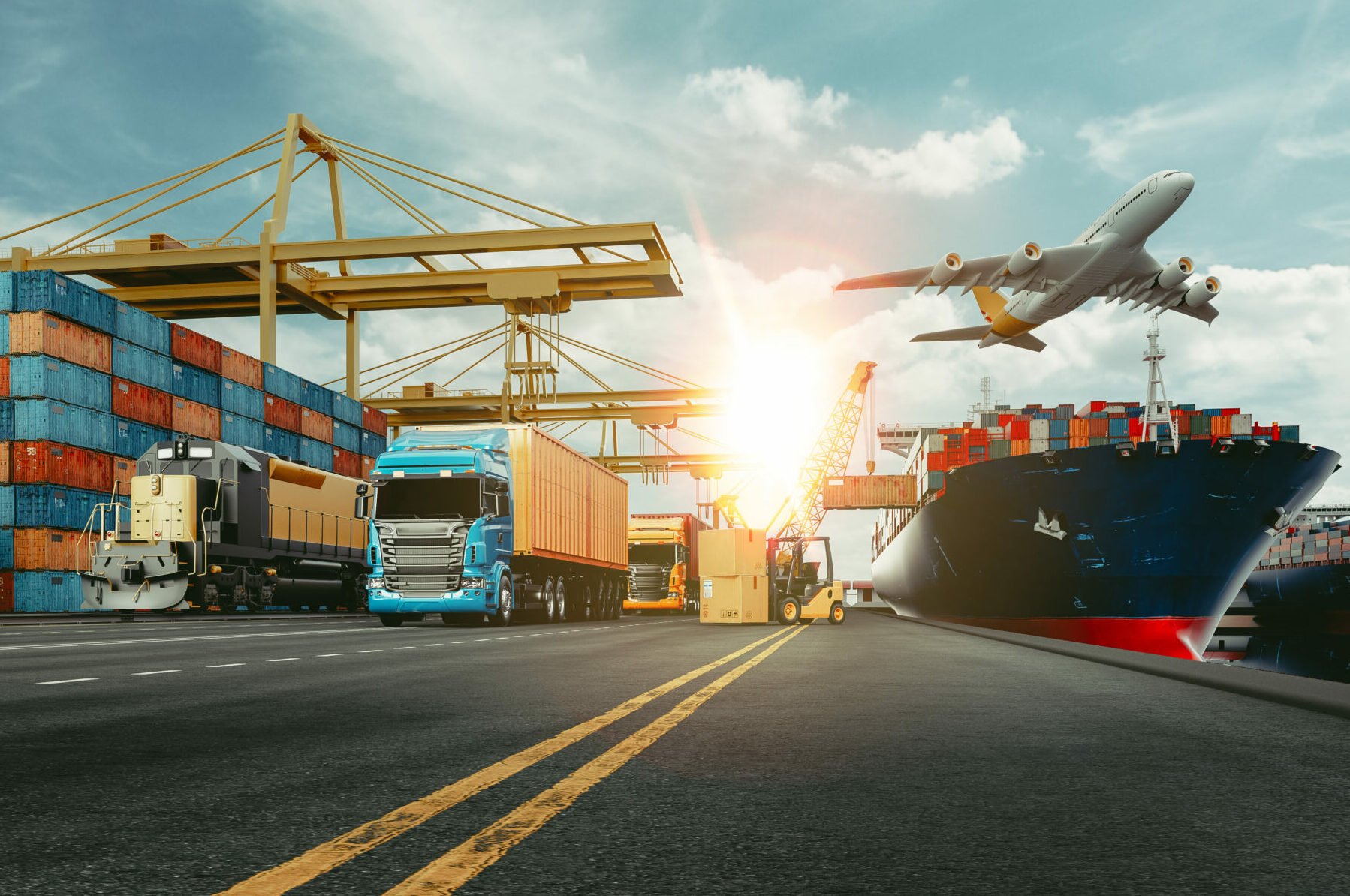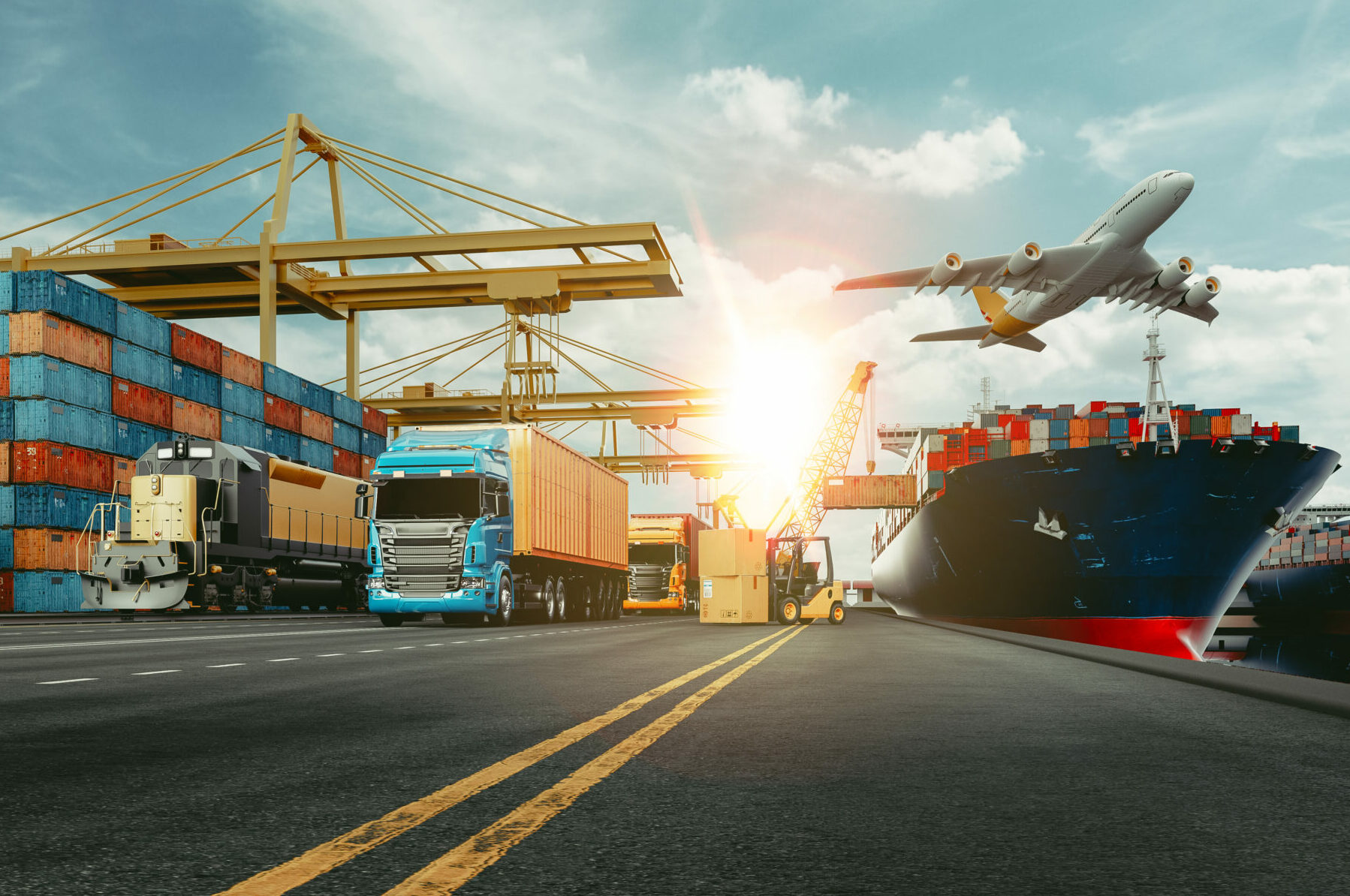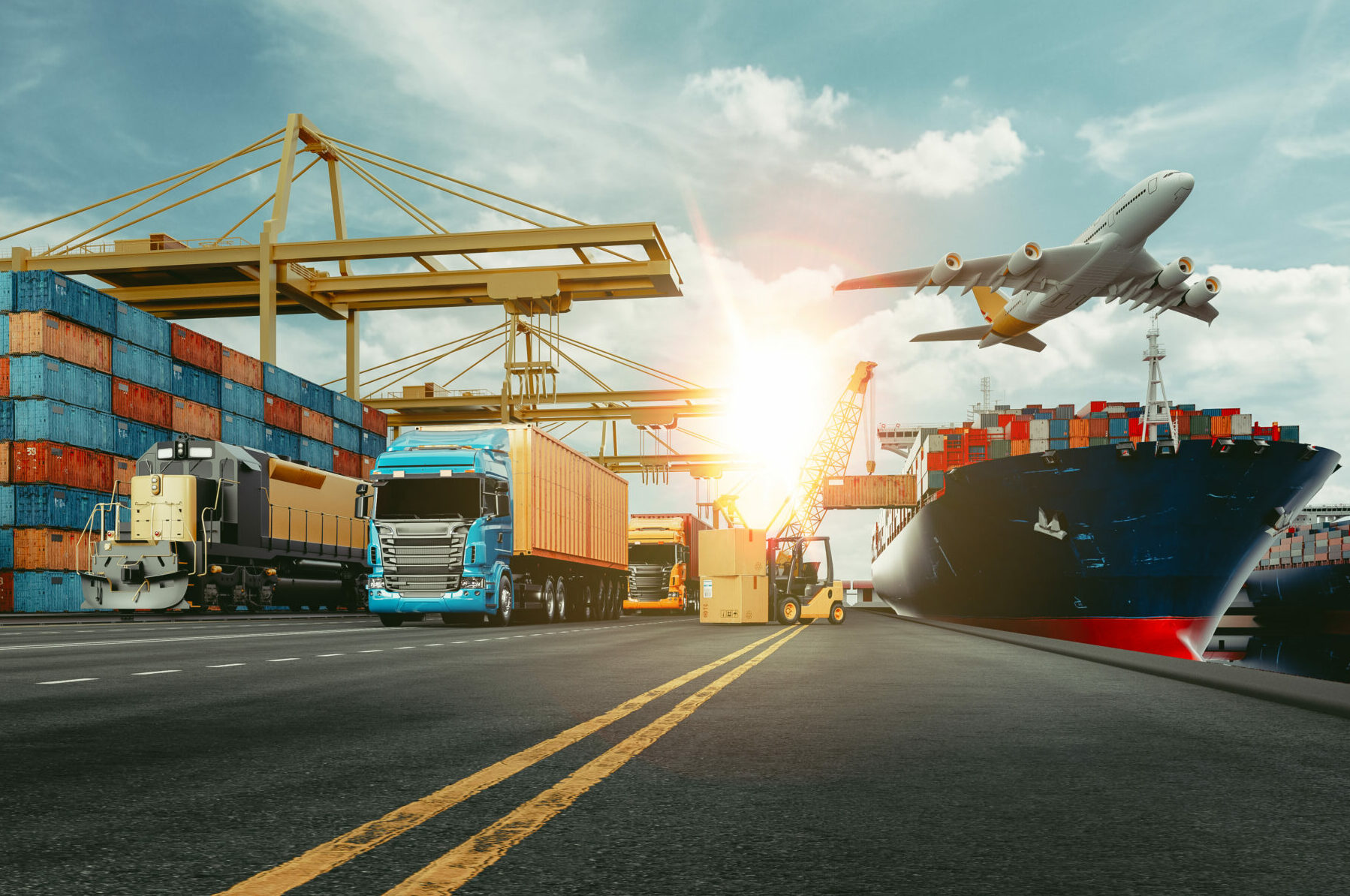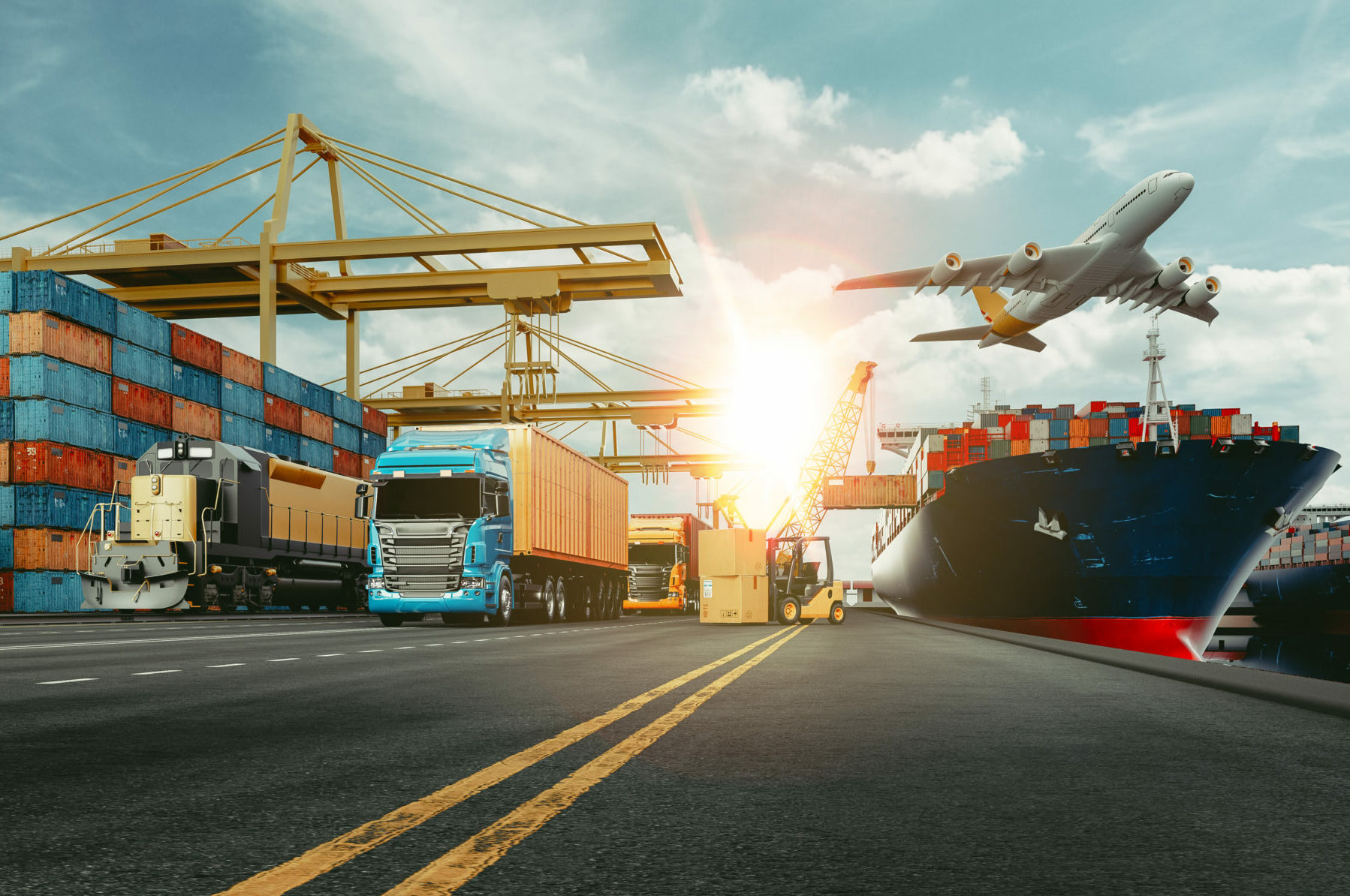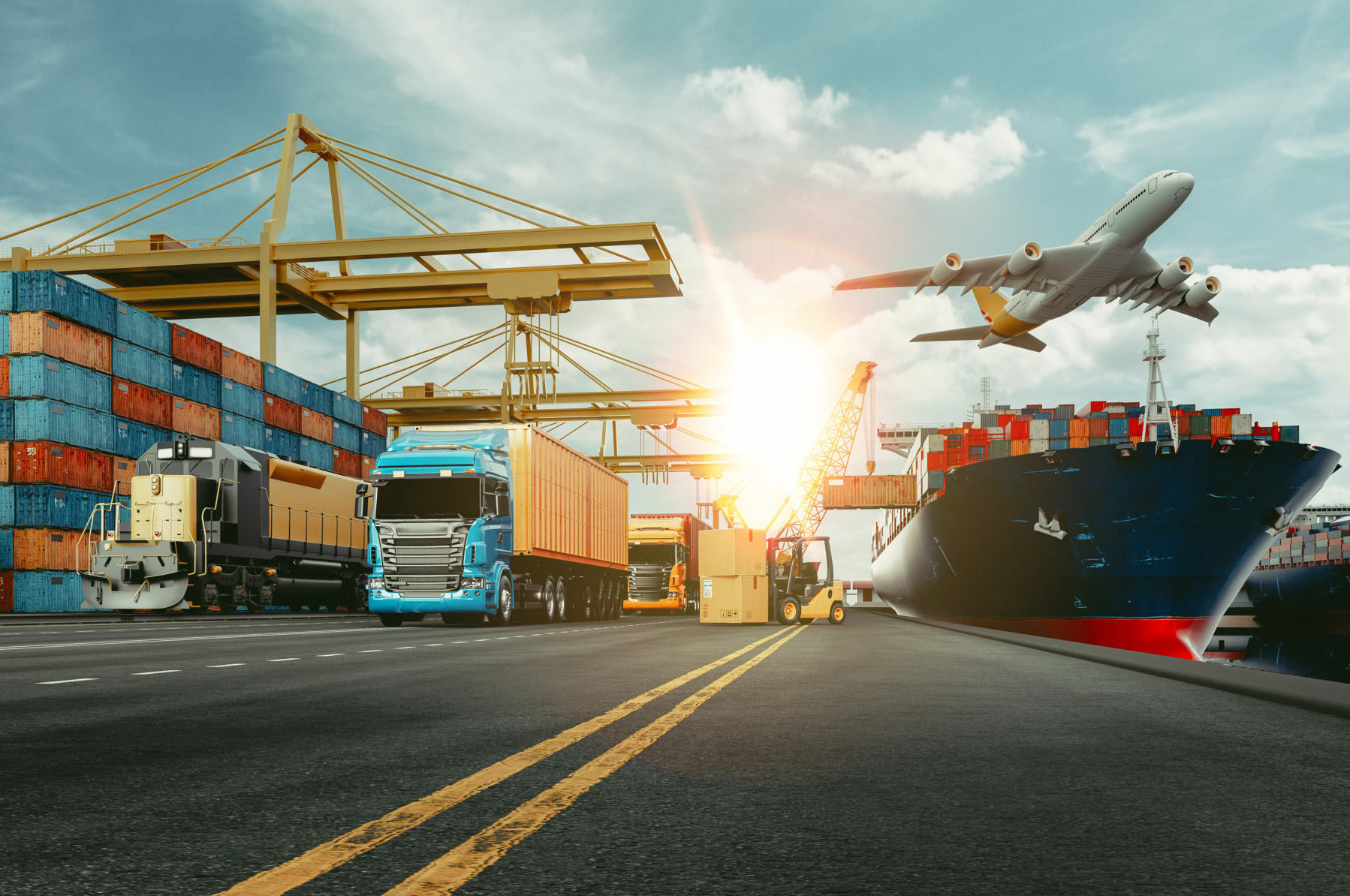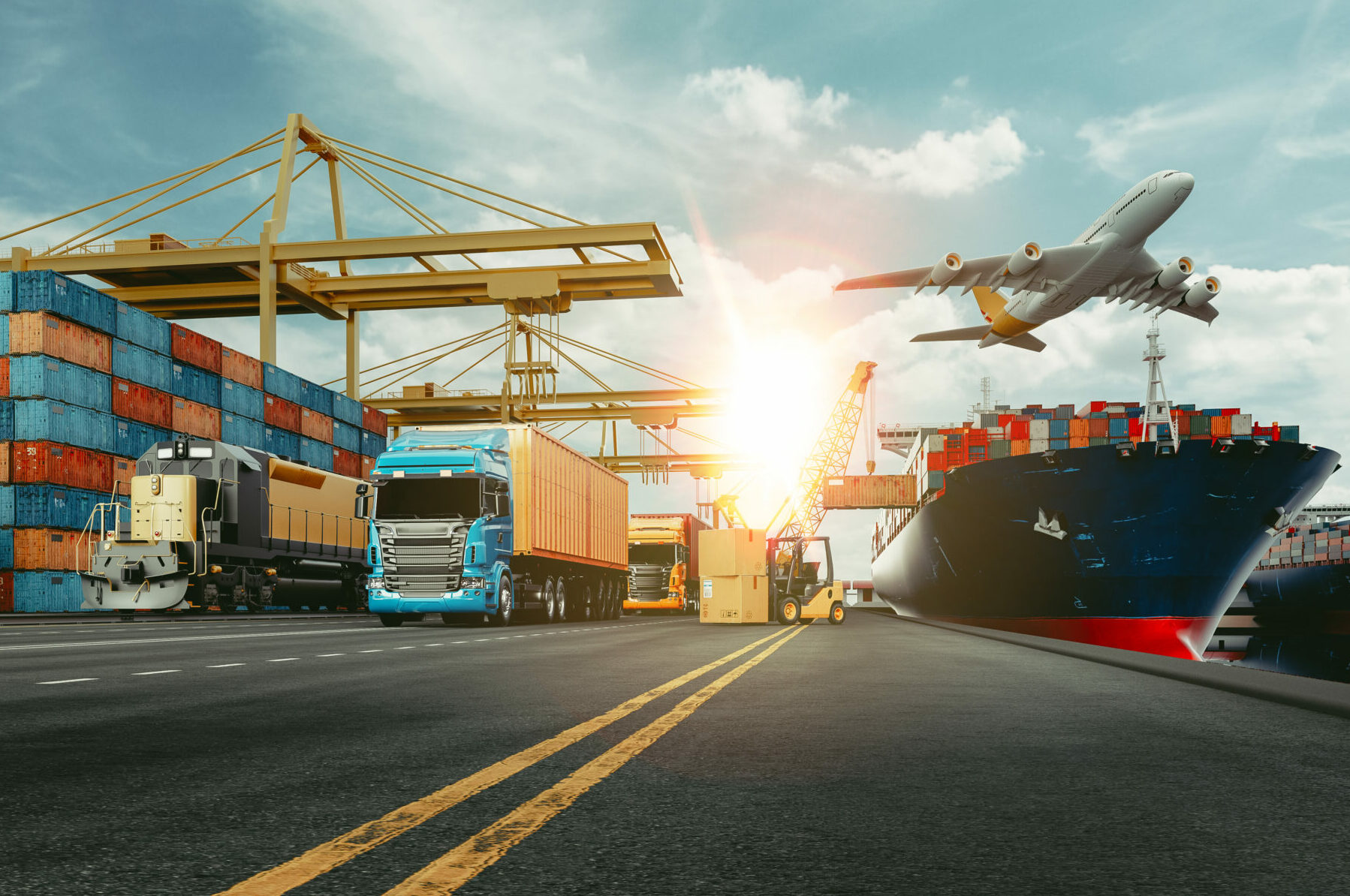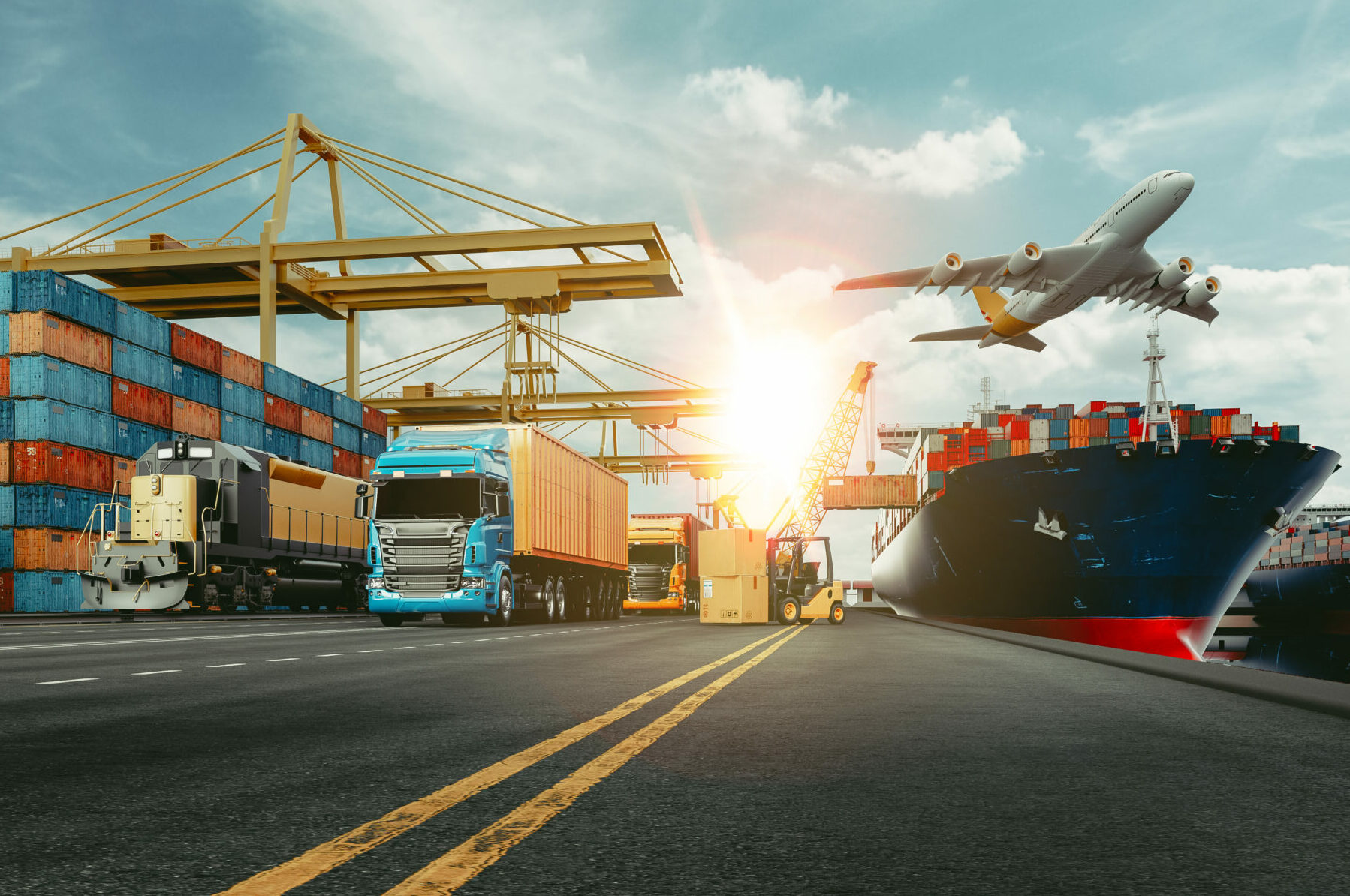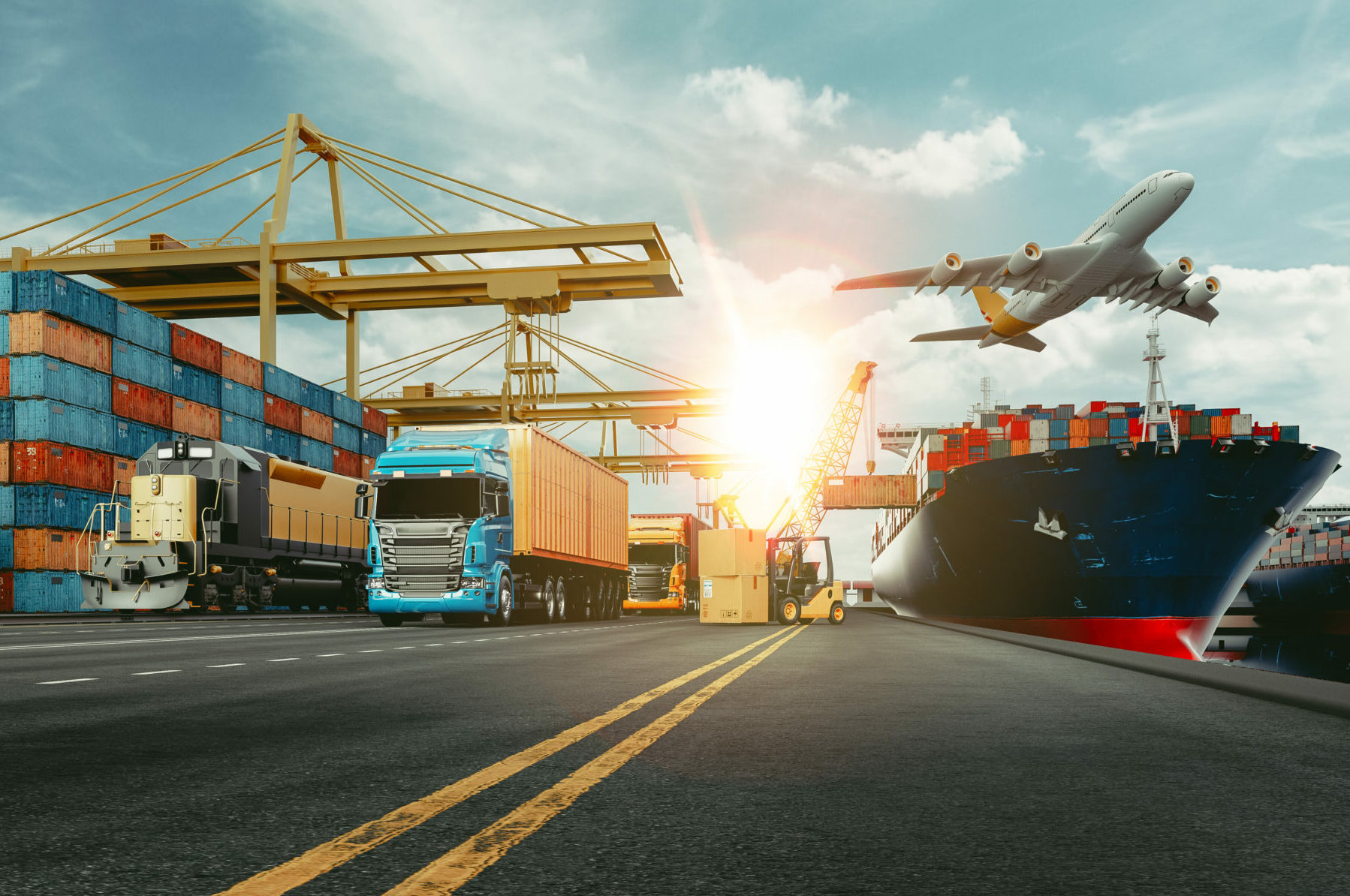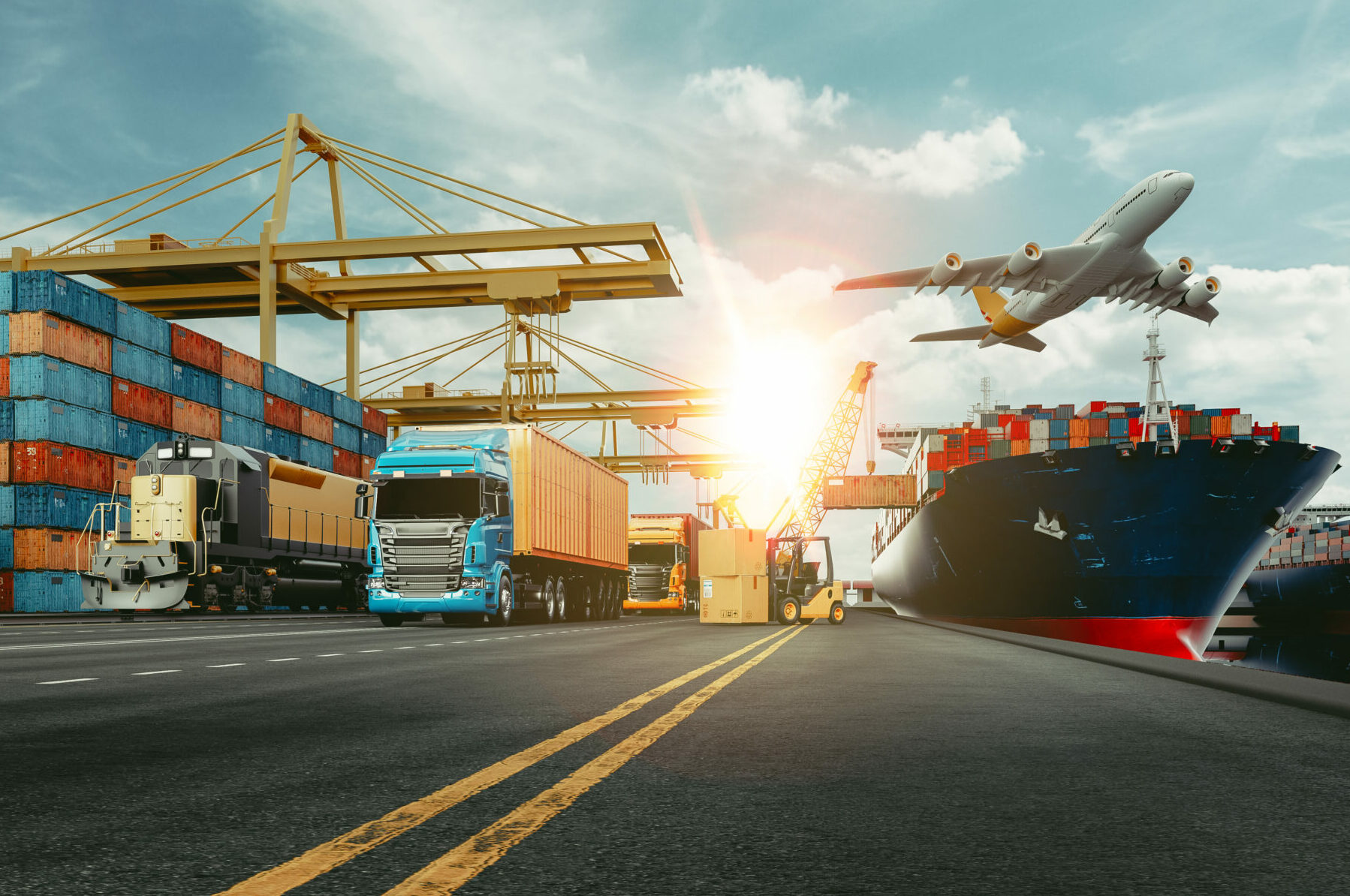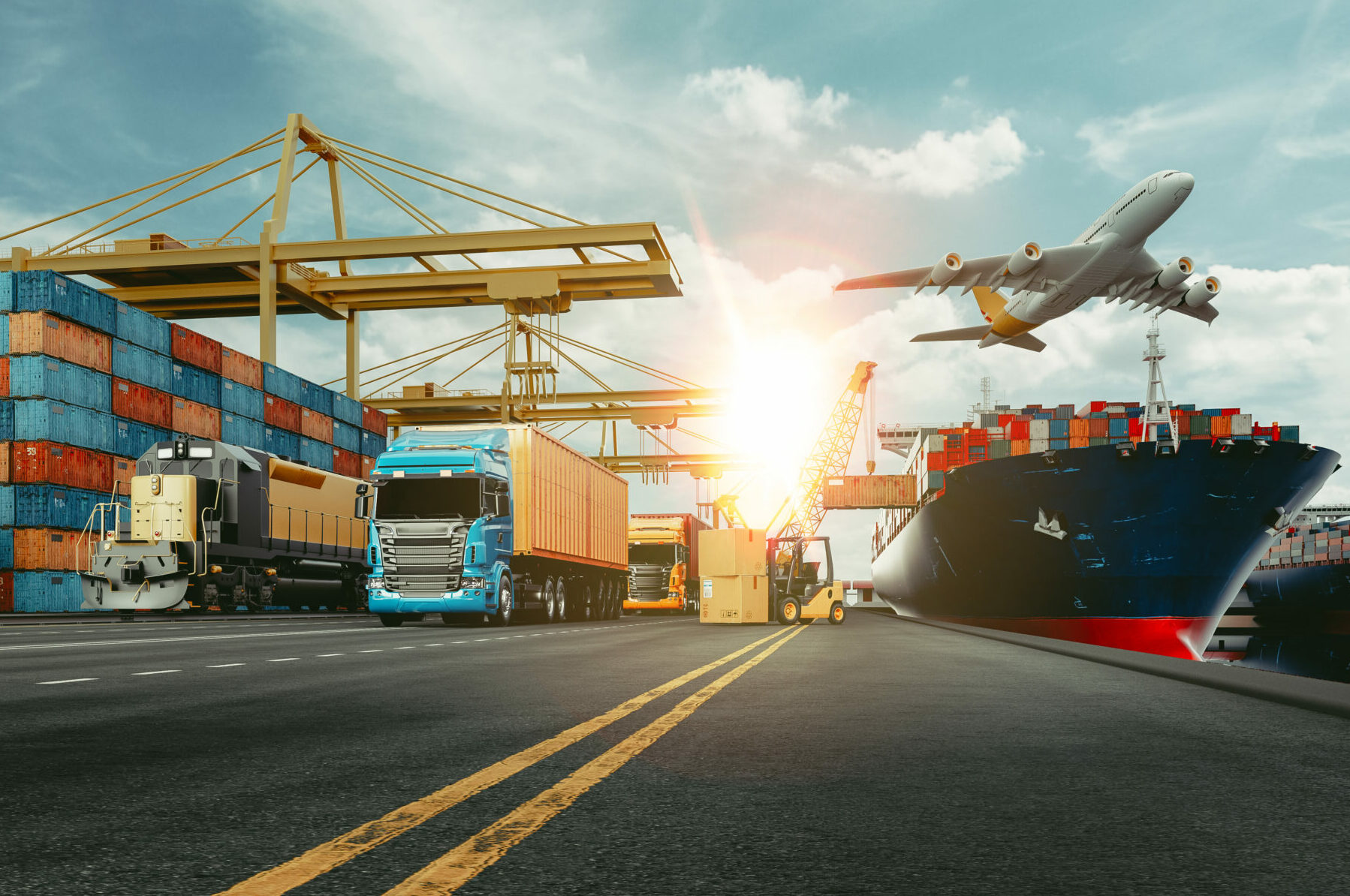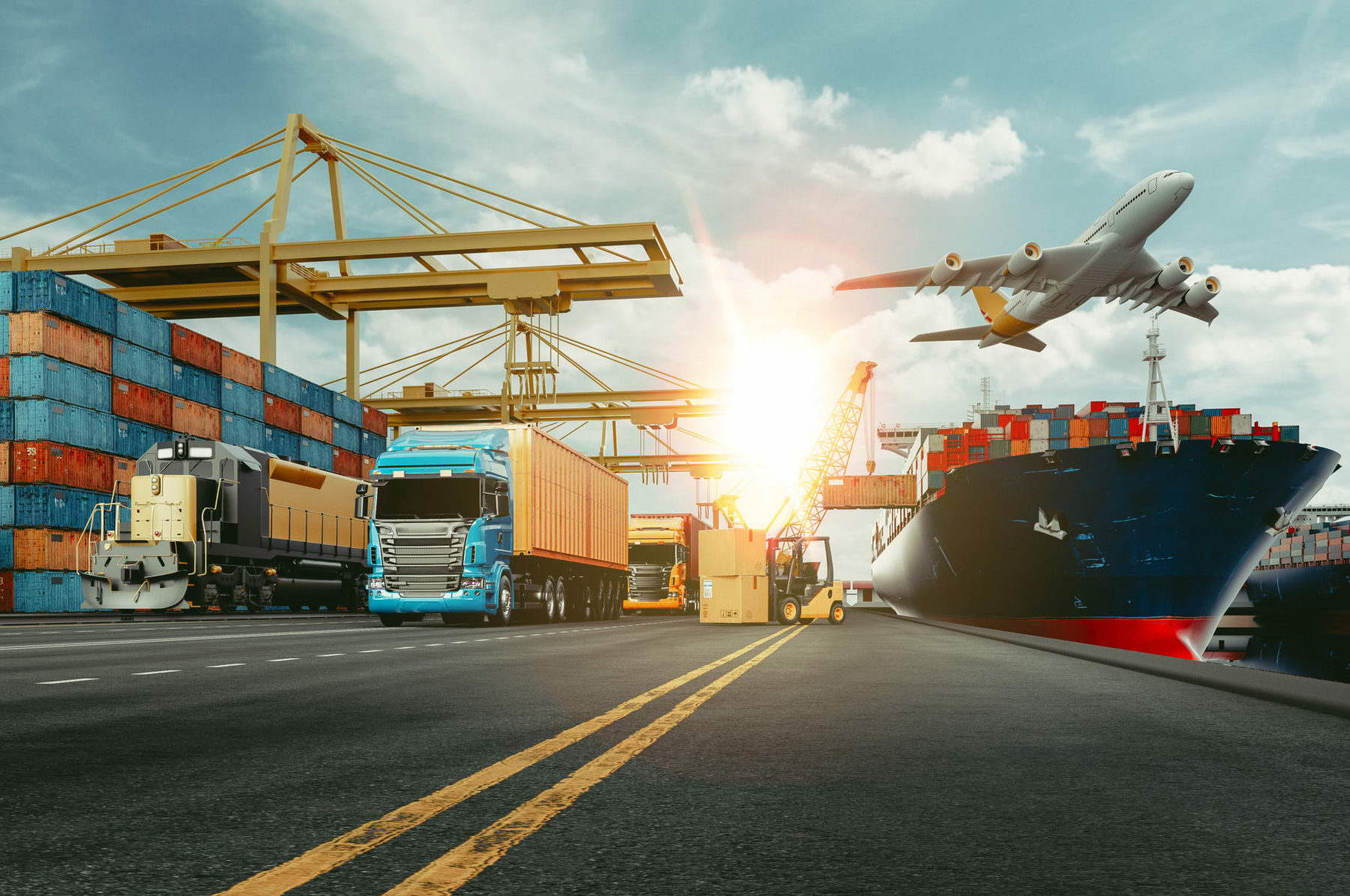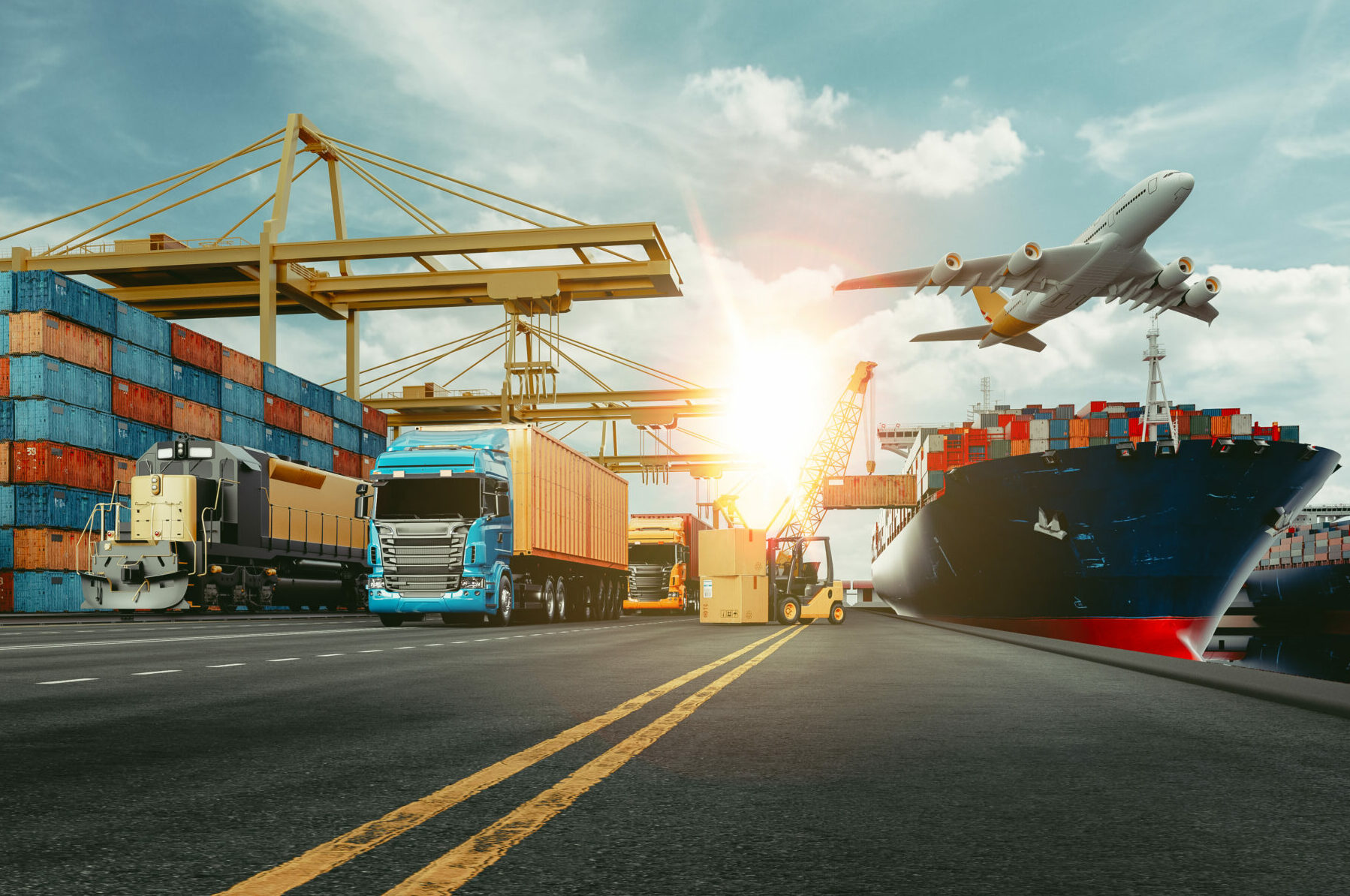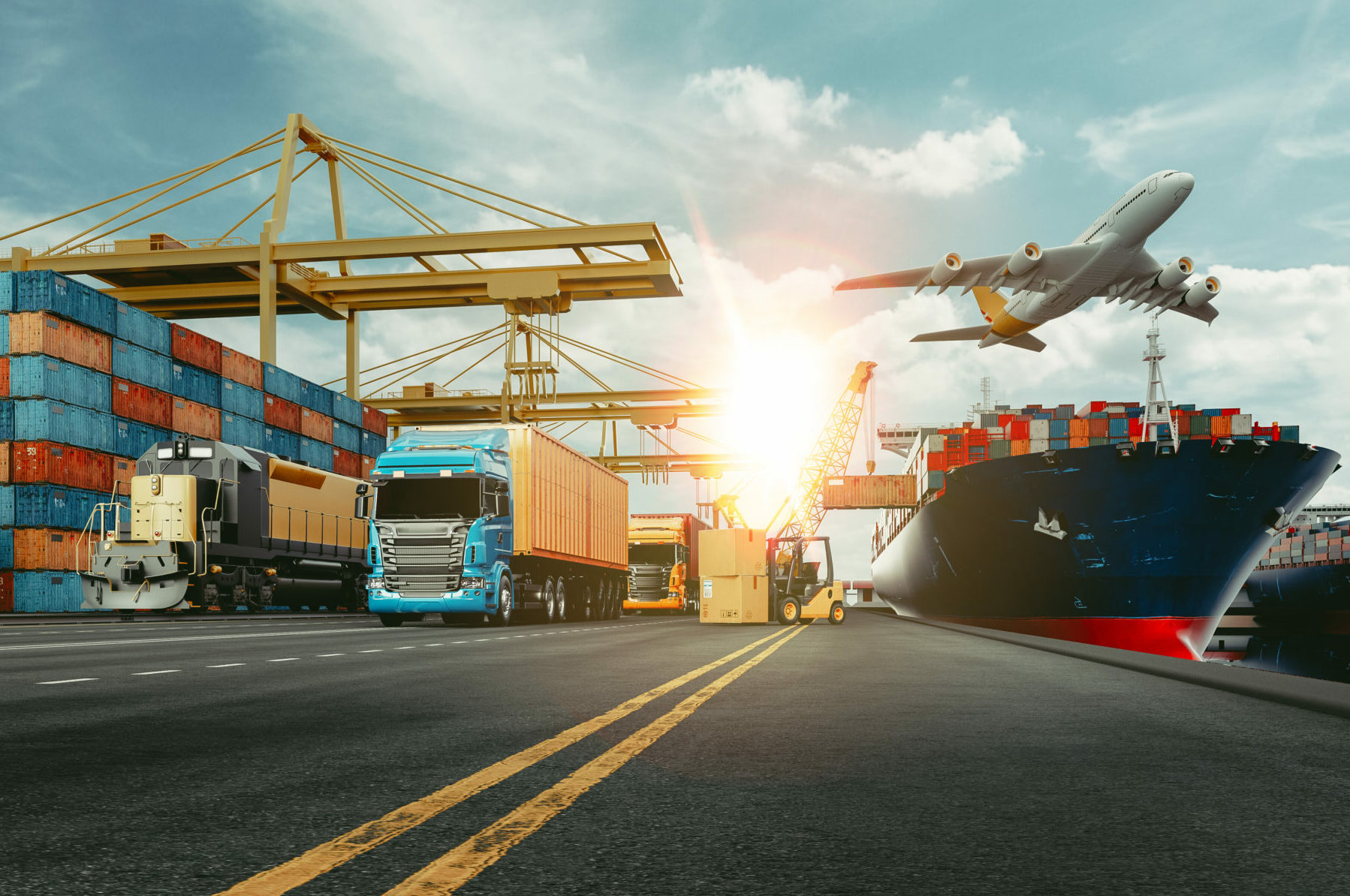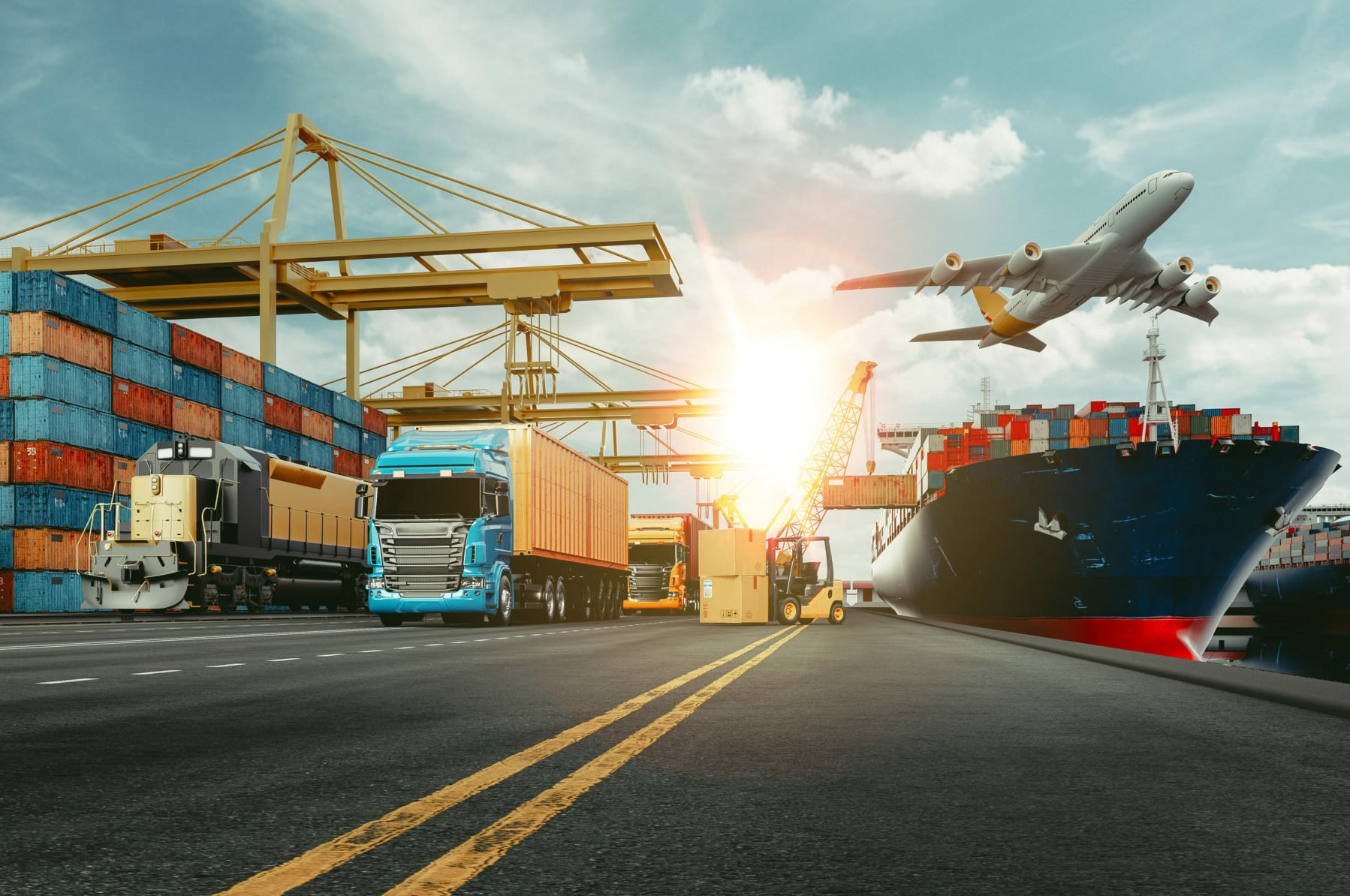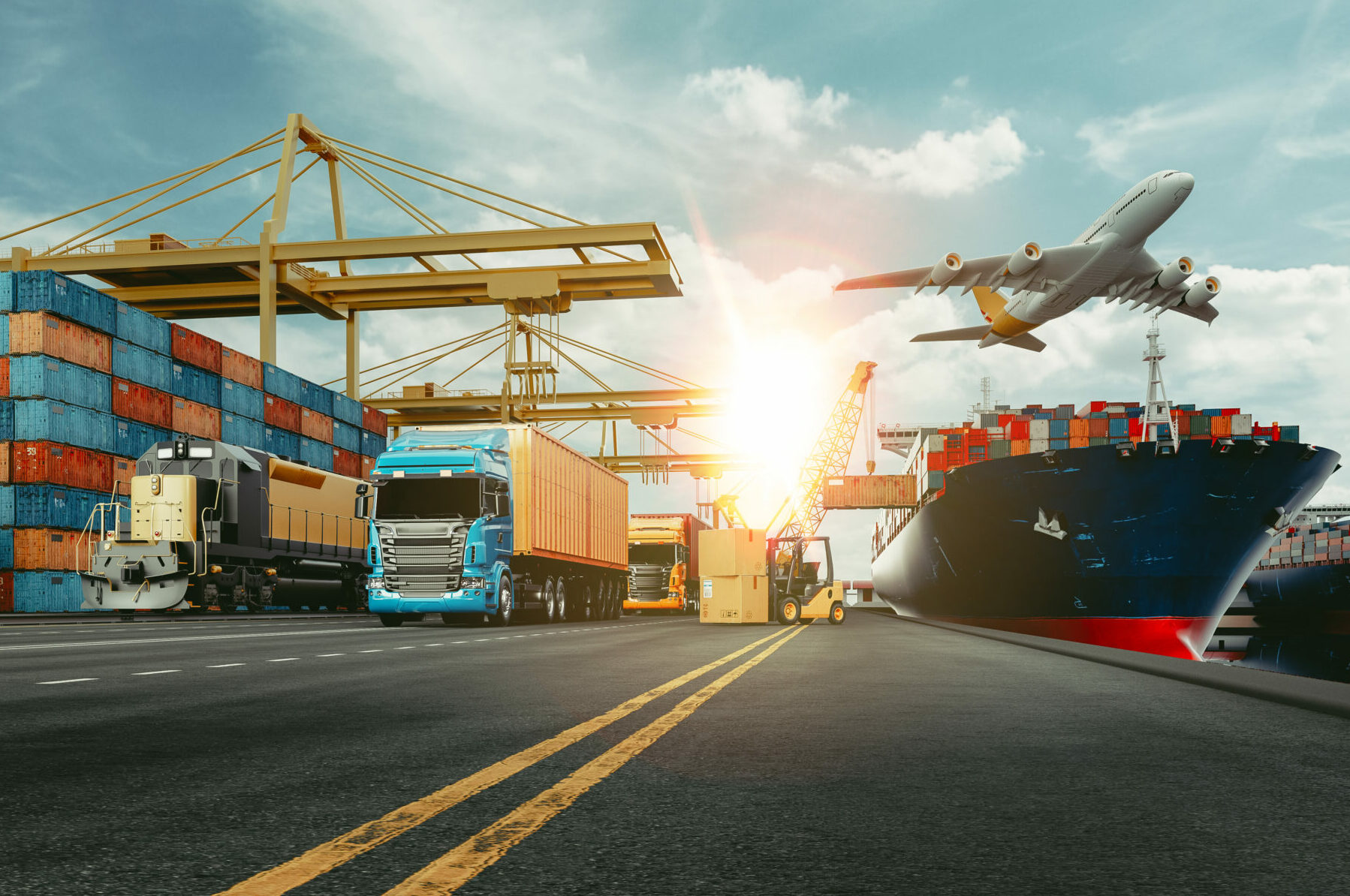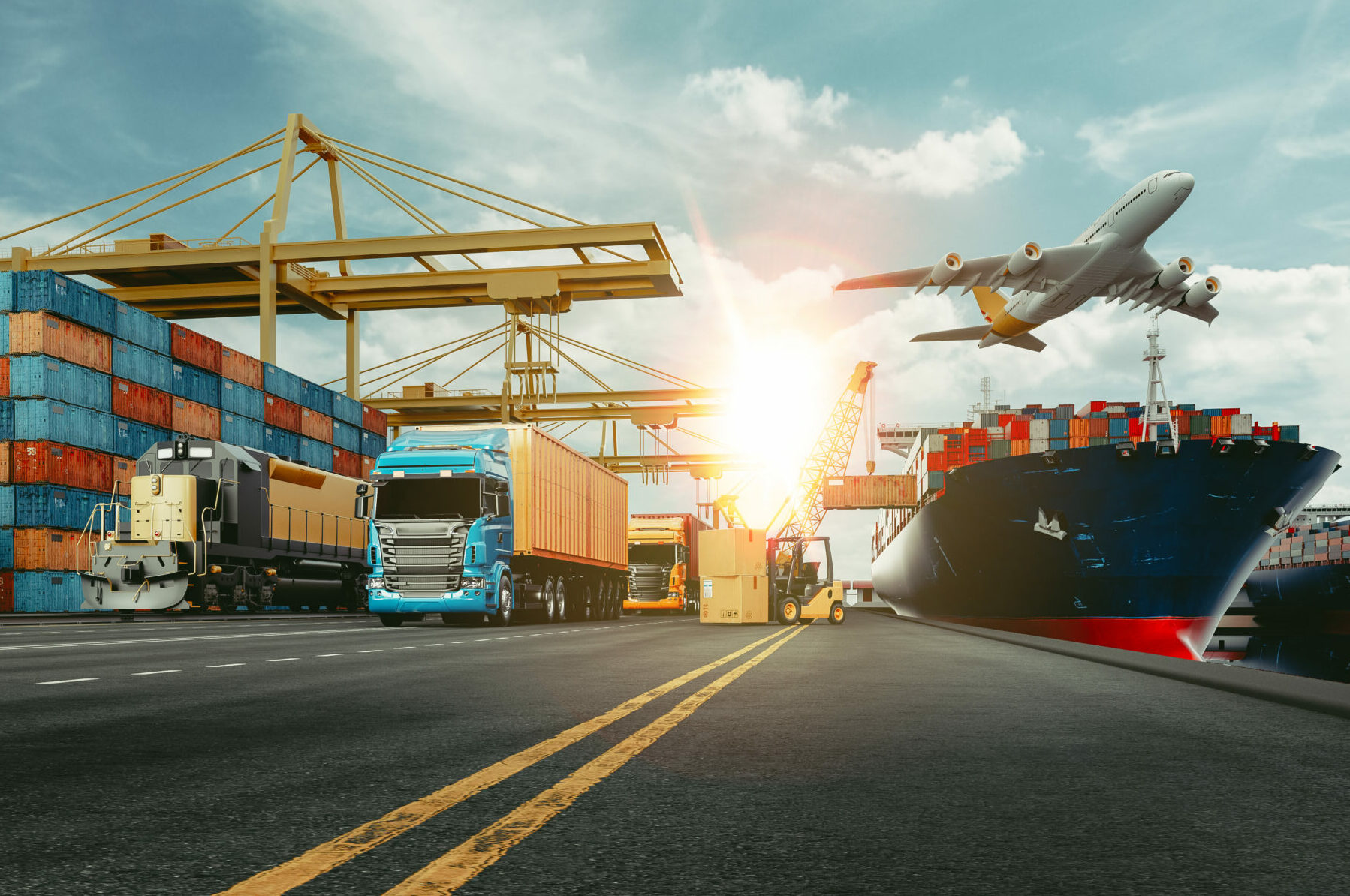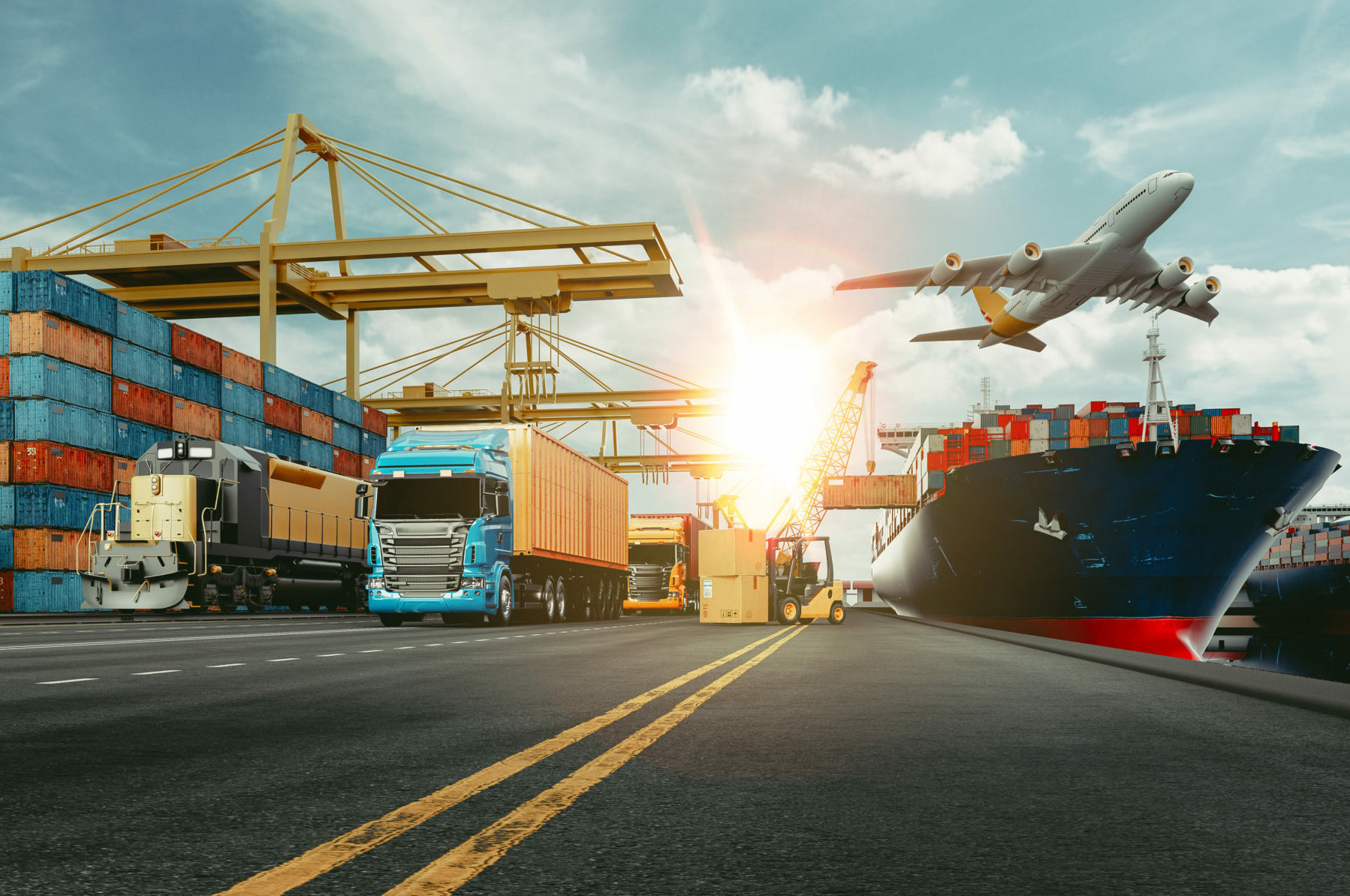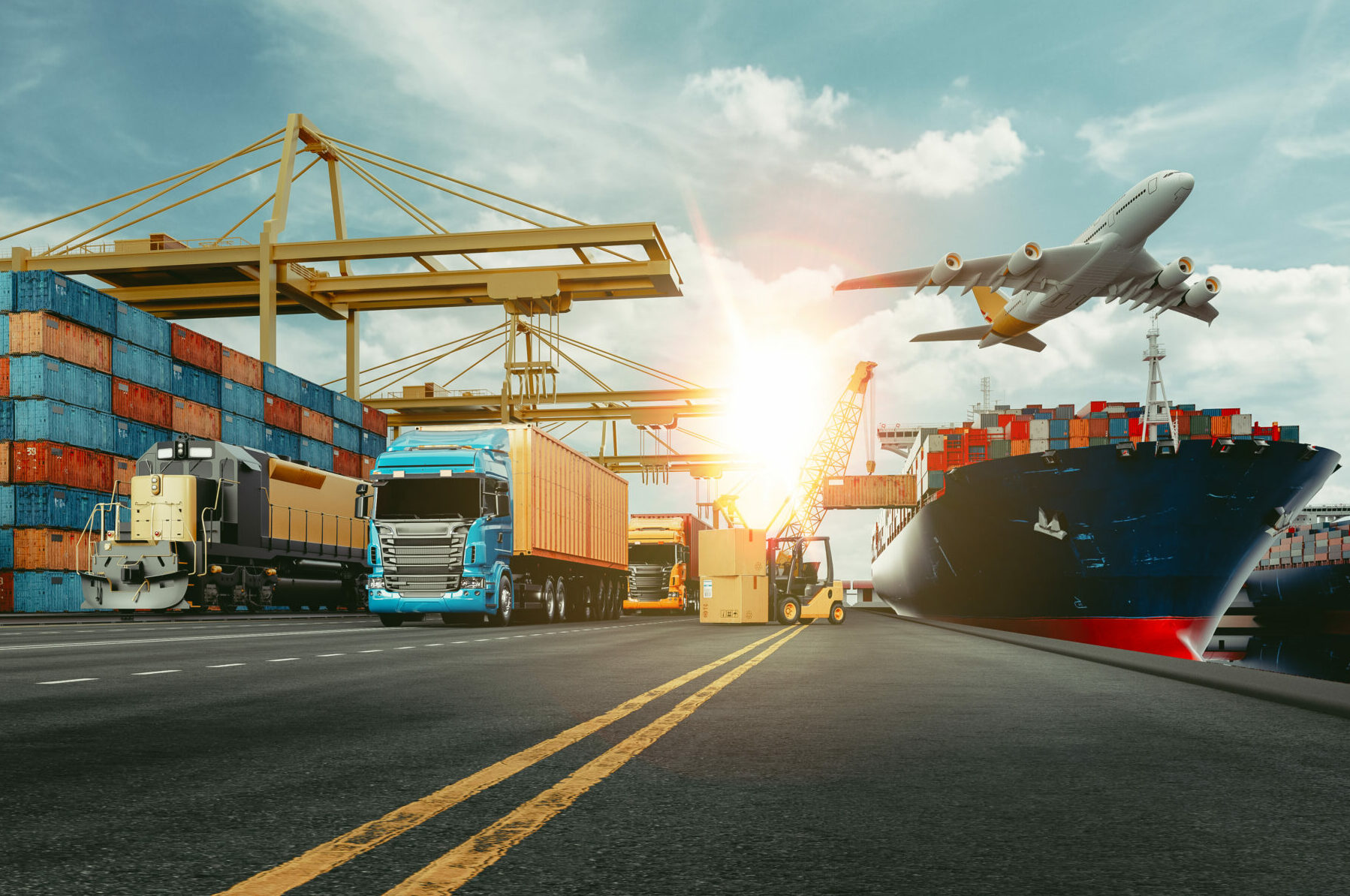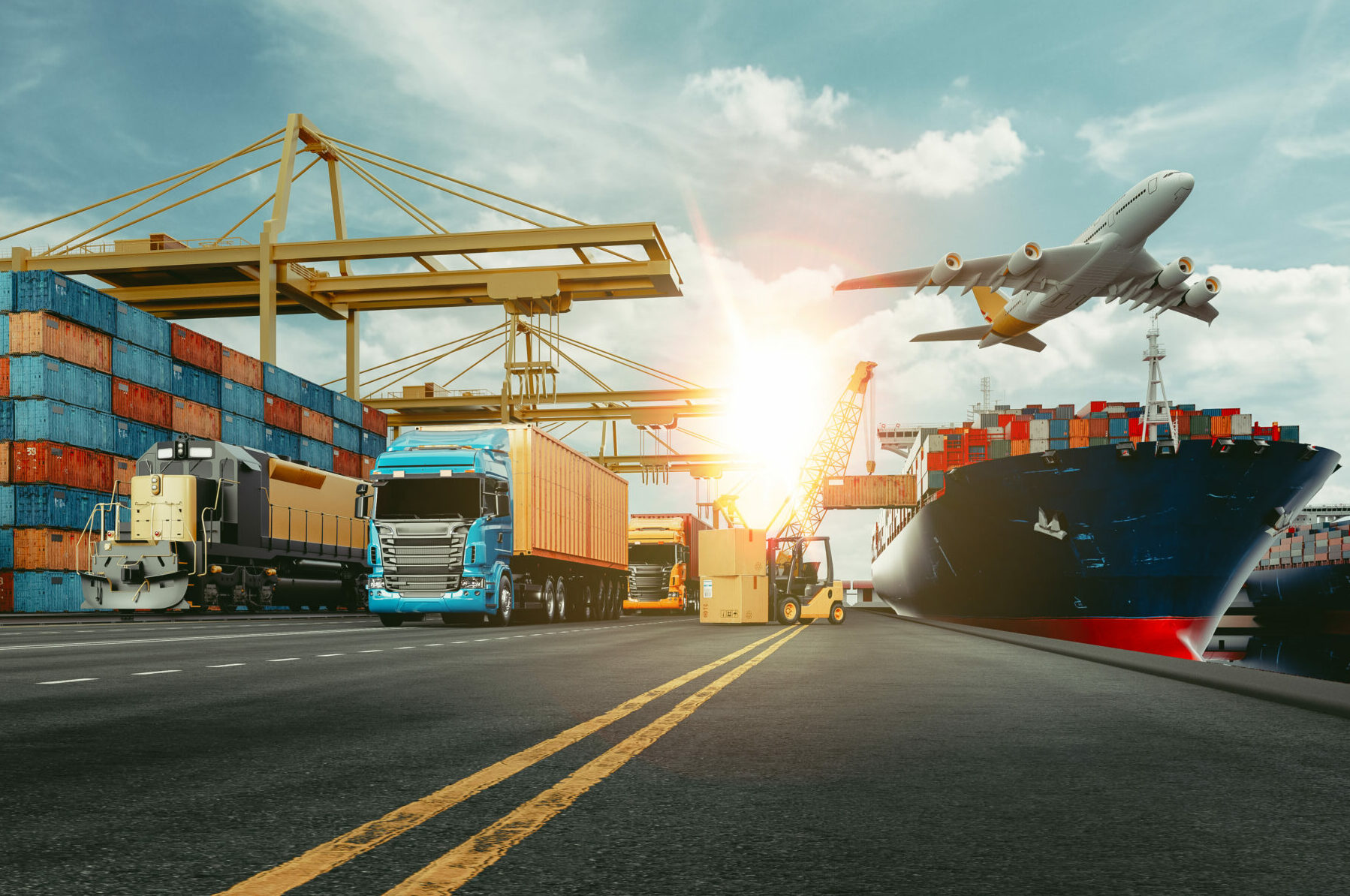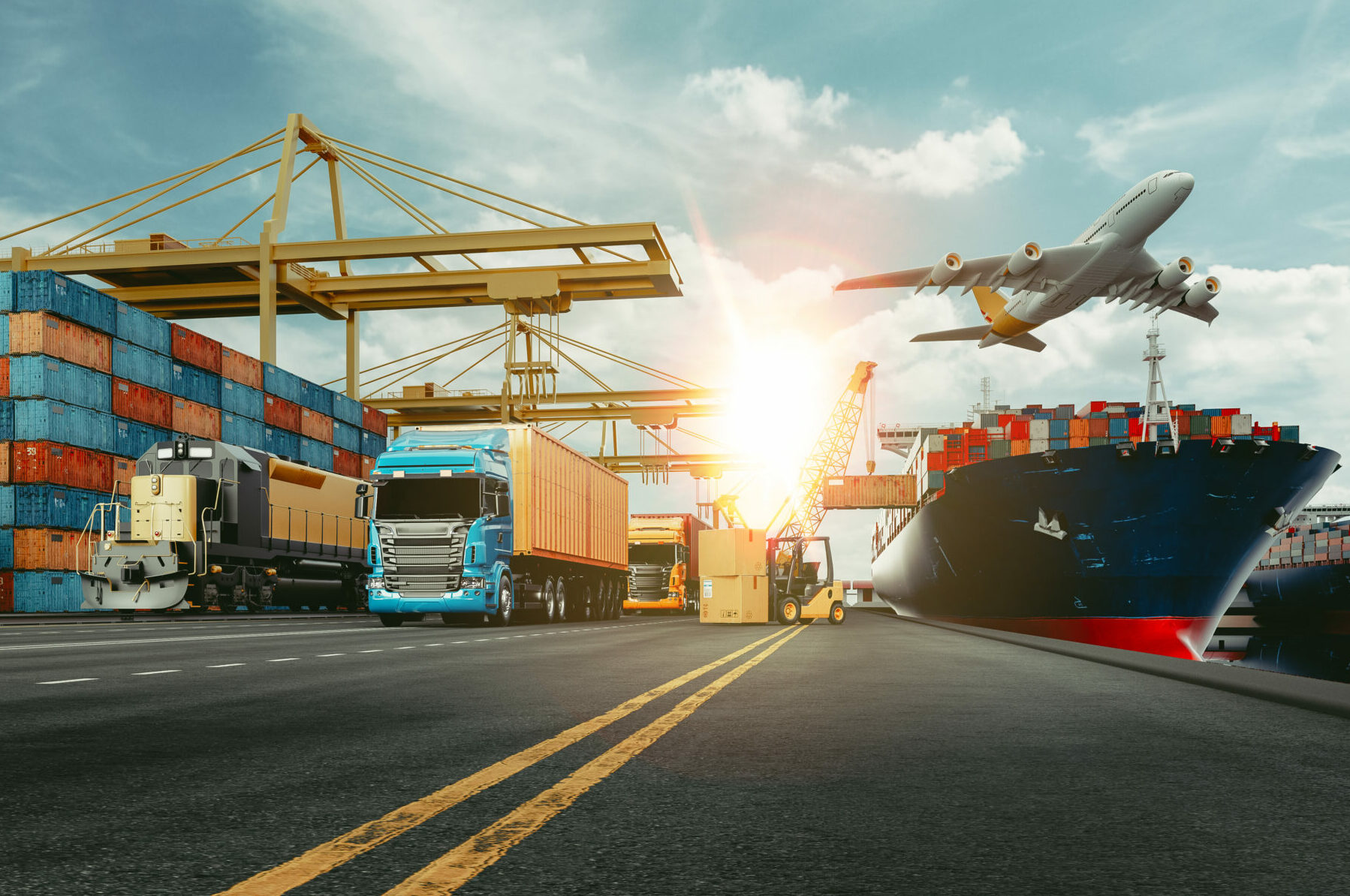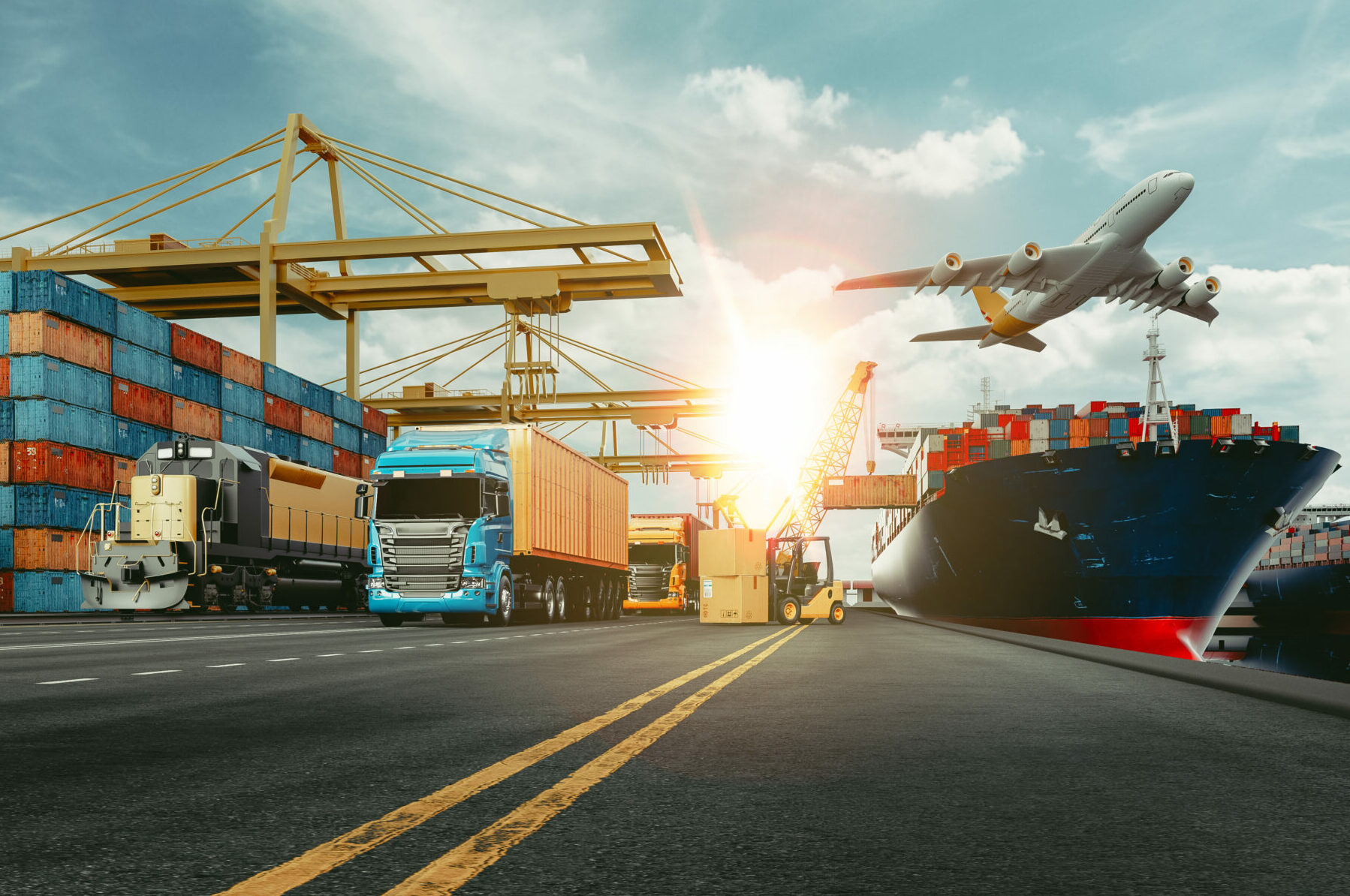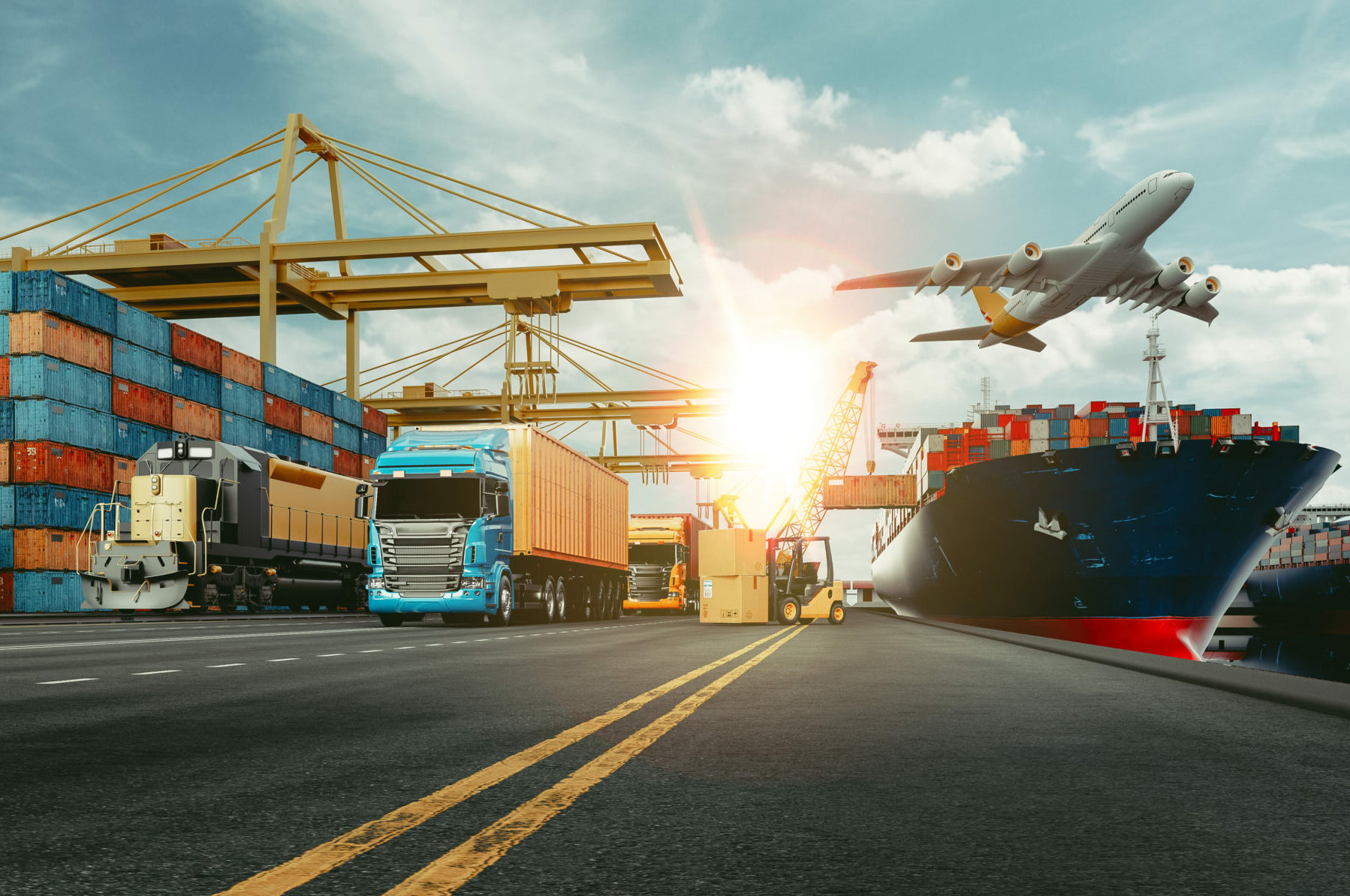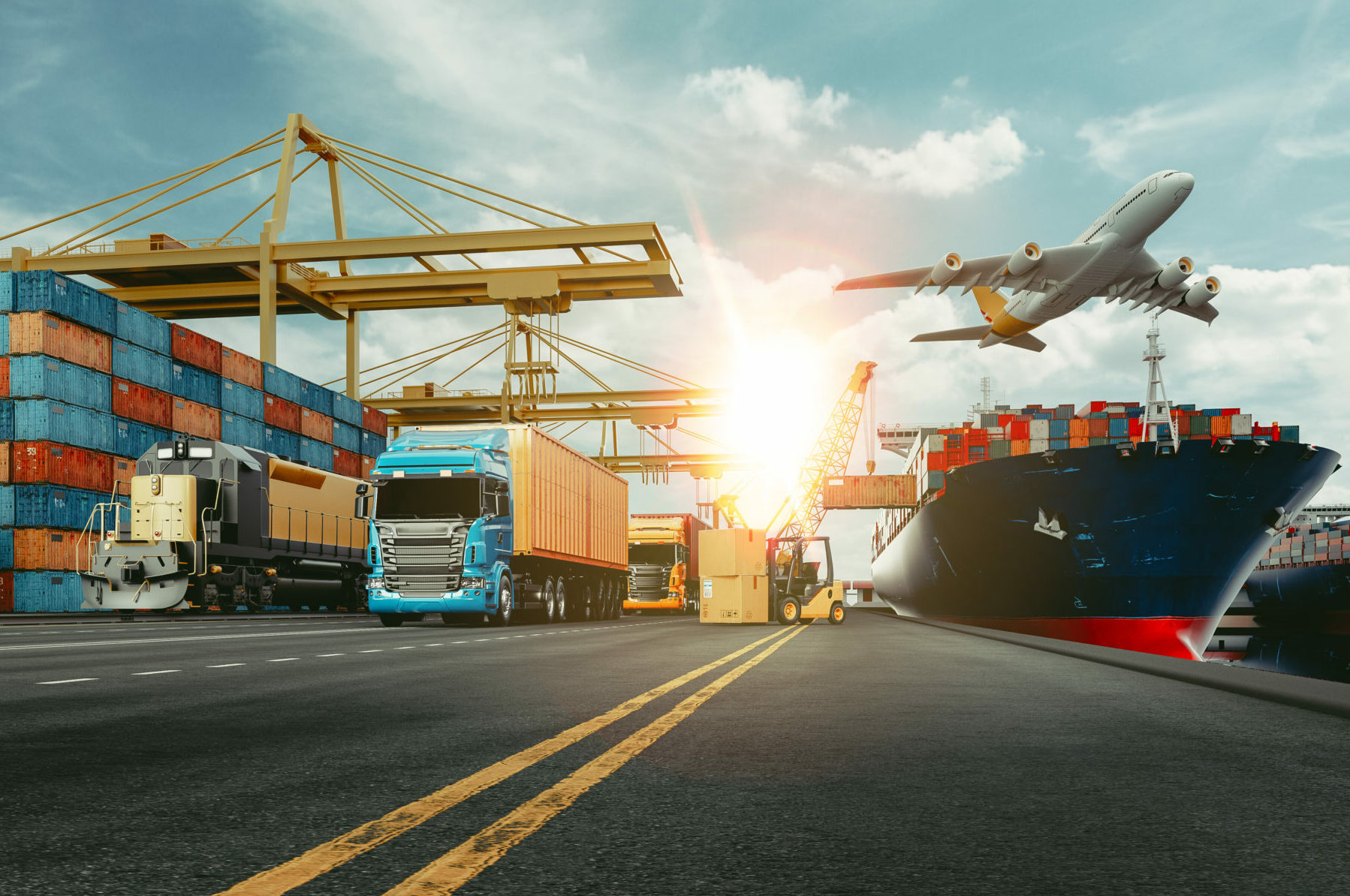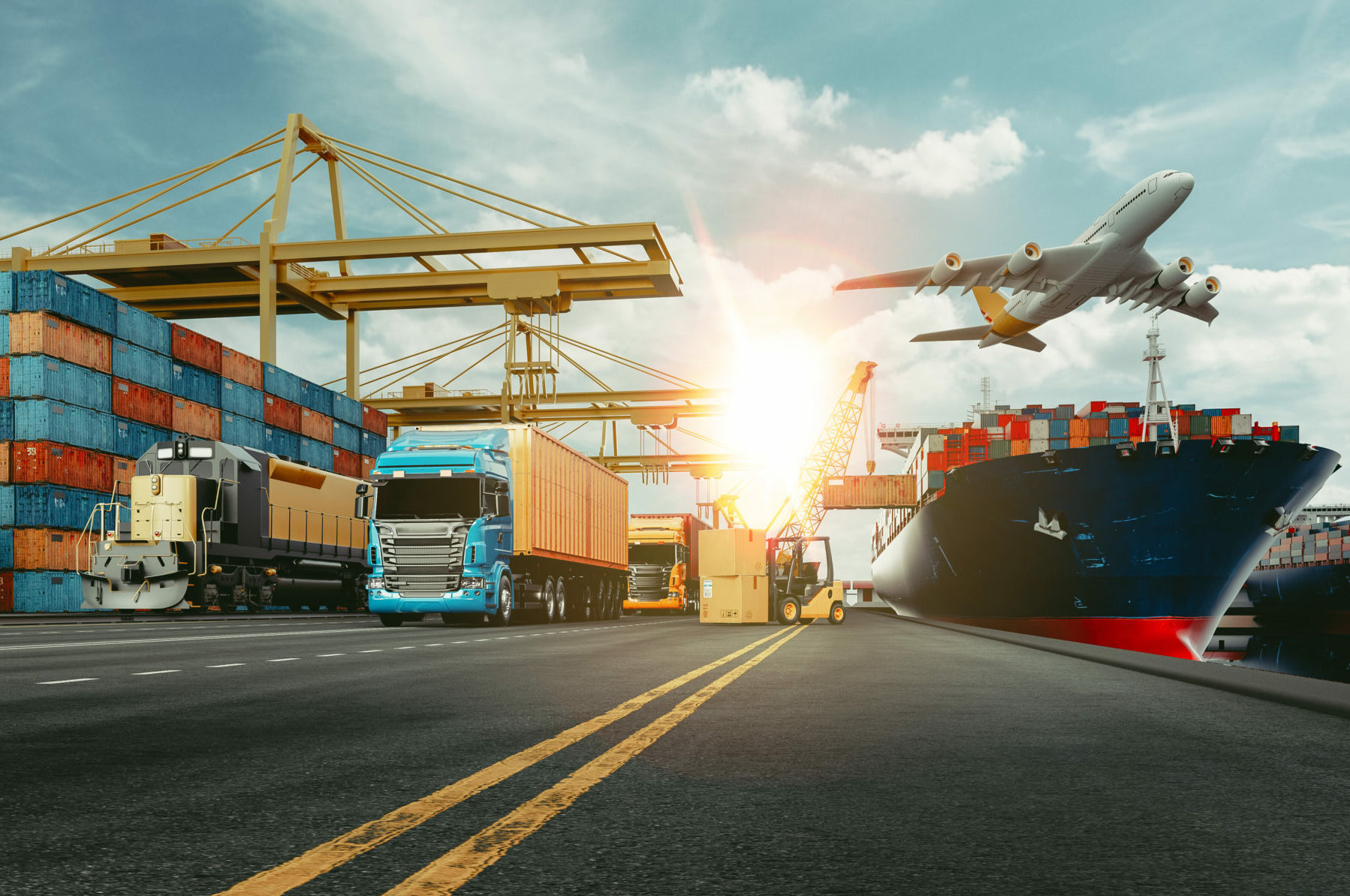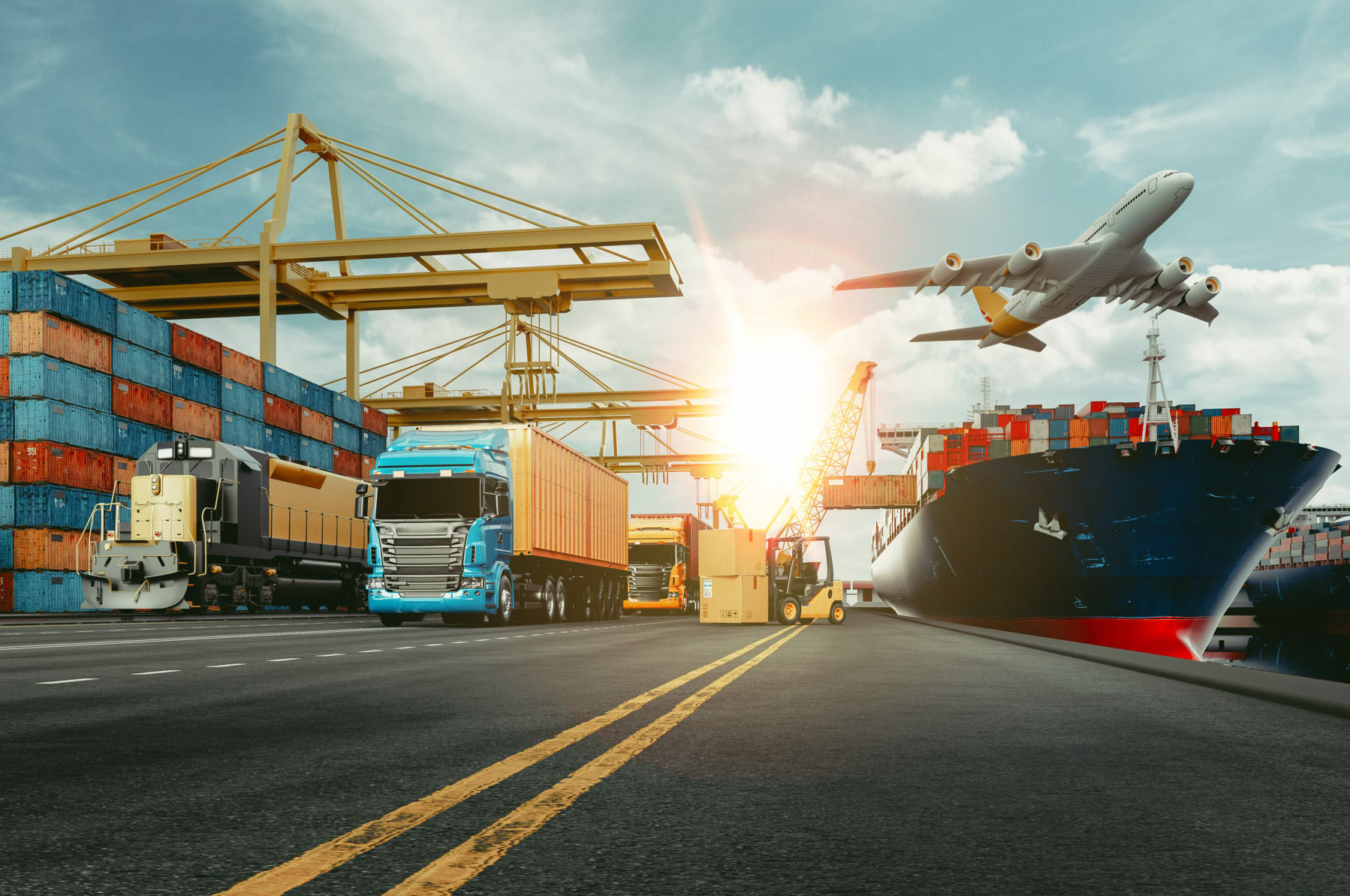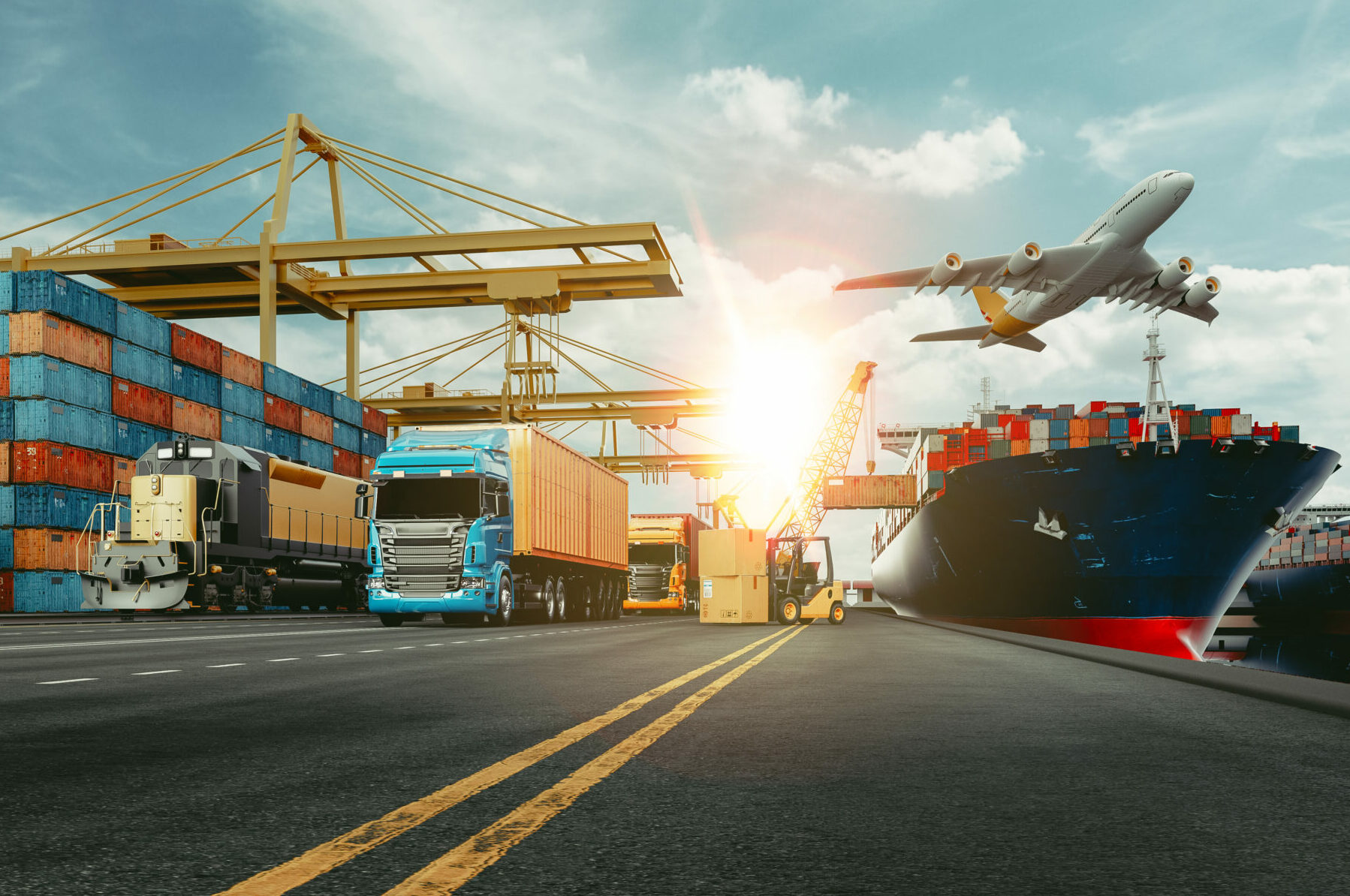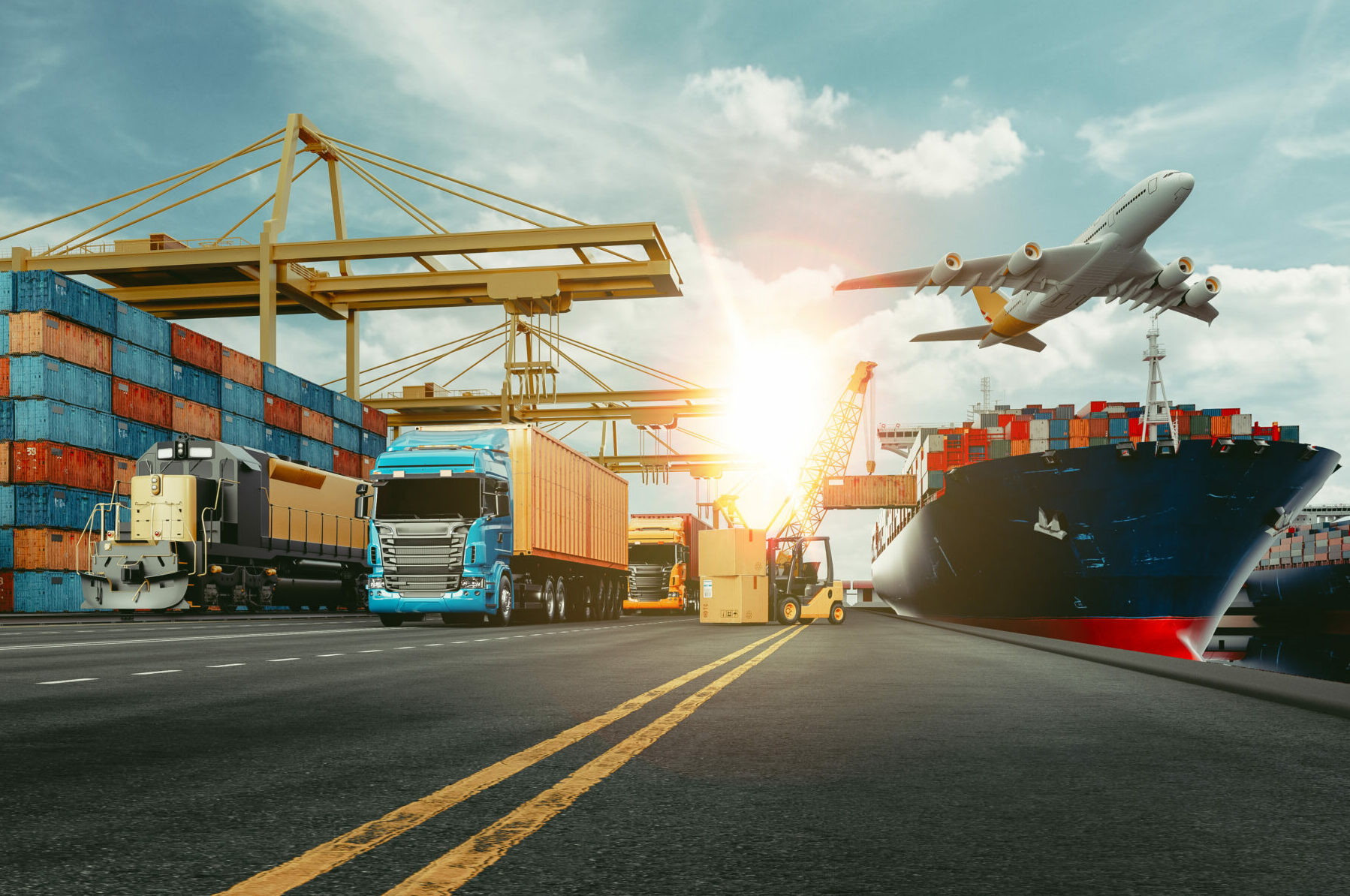The cargo forwarding industry handles billions of pounds worth of goods annually, with high-value cargo presenting unique risks and challenge…
Freight Forwarder Employers Liability Insurance: Protecting Your Workforce in International Trade
The freight forwarding industry operates at the heart of global commerce, coordinating complex logistics operations that keep international trade flowing. From managing cargo documentation to overseeing warehouse operations and coordinating with multiple carriers, freight forwarders face unique workplace risks that demand specialized employers liability insurance coverage.
Understanding Freight Forwarder Operations and Workplace Risks
Freight forwarding companies manage intricate supply chain operations involving multiple stakeholders, tight deadlines, and high-value cargo. Your employees work in environments ranging from busy warehouses and loading docks to office settings where they coordinate international shipments, handle customs documentation, and manage client relationships.
The nature of freight forwarding work exposes employees to various occupational hazards. Warehouse staff handle heavy cargo, operate machinery like forklifts and cranes, and work in environments with moving vehicles and elevated storage areas. Office-based employees face ergonomic risks from extended computer work, while field staff may visit ports, airports, and industrial facilities with their own safety challenges.
Why Standard Employers Liability Insurance Falls Short
Generic employers liability policies often fail to address the specific risks inherent in freight forwarding operations. Standard coverage may not adequately account for the international nature of your business, the complexity of multi-modal transport operations, or the unique liability exposures created when your employees work across different jurisdictions and regulatory environments.
Freight forwarders need coverage that understands the industry's operational realities, including 24/7 operations, international travel requirements, and the need for employees to work in various third-party facilities like ports, airports, and customs warehouses.
Key Coverage Areas for Freight Forwarder Employers Liability
Warehouse and Cargo Handling Operations
Your employers liability insurance must cover injuries occurring during cargo handling, loading, and storage operations. This includes coverage for back injuries from lifting heavy items, injuries from falling cargo, accidents involving material handling equipment, and slips, trips, and falls in warehouse environments.
International Travel and Overseas Assignments
Many freight forwarding employees travel internationally to oversee shipments, meet with overseas partners, or manage operations at foreign locations. Your employers liability coverage should extend to injuries and incidents occurring during business travel, including coverage for medical treatment in foreign countries and repatriation costs.
Third-Party Facility Operations
Freight forwarding staff regularly work in ports, airports, customs facilities, and client warehouses. Your insurance should cover injuries occurring at these third-party locations, recognizing that your employees may be exposed to hazards beyond your direct control.
Occupational Health Exposures
Long-term exposure to diesel fumes in port areas, dust from various cargo types, and ergonomic strains from repetitive documentation work can lead to occupational health claims. Comprehensive coverage should address both immediate injuries and gradual onset conditions.
Technology and Cyber-Related Workplace Injuries
Modern freight forwarding relies heavily on technology systems. Employees may suffer repetitive strain injuries from extensive computer use, eye strain from monitoring multiple screens, or stress-related conditions from managing complex digital logistics platforms.
Regulatory Compliance and Legal Requirements
Freight forwarders must comply with employers liability requirements across multiple jurisdictions. In the UK, the Employers' Liability (Compulsory Insurance) Act 1969 mandates minimum coverage, but international operations may require additional compliance with local employment laws and insurance requirements in countries where you operate.
Your insurance should provide coverage that meets or exceeds regulatory requirements in all jurisdictions where your employees work, including compliance with International Labour Organization standards and local workplace safety regulations.
Specialized Risks in Freight Forwarding
Hazardous Cargo Exposure
Employees handling dangerous goods shipments face additional risks from chemical exposure, radiation, or other hazardous materials. Your employers liability coverage should specifically address these exposures and provide appropriate medical monitoring and treatment coverage.
High-Stress Environment Claims
The freight forwarding industry operates under intense pressure with tight deadlines, complex regulations, and high client expectations. This environment can contribute to stress-related health conditions, mental health claims, and workplace incidents caused by fatigue or pressure.
Multi-Modal Transport Risks
Employees coordinating shipments across different transport modes (sea, air, road, rail) may face varying risk exposures. Your coverage should be comprehensive enough to address incidents occurring across all transport modes and transfer points.
Claims Scenarios and Case Studies
Consider a warehouse supervisor injured when cargo shifted during loading operations, requiring extensive medical treatment and rehabilitation. Without proper employers liability coverage, your company could face significant financial exposure for medical costs, lost wages, and potential legal action.
Another scenario involves an employee developing repetitive strain injuries from extensive data entry work managing customs documentation. Gradual onset claims like these require coverage that recognizes the cumulative nature of workplace exposures in freight forwarding operations.
International incidents present additional complexity. An employee injured while overseeing cargo operations at an overseas port may require emergency medical treatment, specialized transportation, and ongoing care. Comprehensive employers liability coverage should address these international exposure scenarios.
Coverage Limits and Policy Structure
Freight forwarders should consider higher coverage limits than standard employers liability policies typically provide. The international nature of your operations, potential for catastrophic incidents, and exposure to high-value legal claims in various jurisdictions necessitate robust coverage limits.
Consider aggregate limits that account for multiple potential claims across different locations and time periods. Your policy should also provide adequate coverage for legal defense costs, which can be substantial in complex international liability claims.
Risk Management and Prevention Strategies
Effective risk management reduces both the likelihood of workplace incidents and your insurance premiums. Implement comprehensive safety training programs that address the specific risks your employees face, from proper lifting techniques in warehouse operations to safety protocols when working in third-party facilities.
Develop clear procedures for international travel, including pre-travel safety briefings, emergency contact protocols, and guidelines for working in unfamiliar environments. Regular safety audits of your facilities and operations help identify and address potential hazards before they result in incidents.
Maintain detailed incident reporting systems that capture near-misses and minor incidents. This data helps identify trends and implement preventive measures while demonstrating your commitment to workplace safety to insurance providers.
Choosing the Right Insurance Provider
Select an insurer with specific experience in freight forwarding and logistics operations. They should understand the unique risks your business faces and offer coverage that addresses the international, multi-jurisdictional nature of your operations.
Your insurance provider should offer risk management support, including safety training resources, incident investigation assistance, and guidance on regulatory compliance across different jurisdictions. Look for insurers who can provide local claims handling support in countries where you operate.
Policy Integration and Coordination
Employers liability insurance should integrate seamlessly with your other business insurance coverages, including professional indemnity, cargo insurance, and general liability coverage. Ensure there are no gaps or overlaps that could leave you exposed or result in coverage disputes.
Consider how your employers liability coverage coordinates with any international insurance programs you maintain, workers' compensation coverage in various jurisdictions, and any group insurance benefits you provide to employees.
Cost Factors and Premium Considerations
Several factors influence your employers liability insurance premiums, including your company's safety record, the number and location of employees, the types of cargo you handle, and your international operational scope. Companies with strong safety programs and good claims histories typically receive more favorable pricing.
The complexity of your operations, including the number of countries where you operate and the types of third-party facilities your employees access, also affects pricing. However, the cost of comprehensive coverage is minimal compared to the potential financial impact of an uninsured workplace injury claim.
Claims Management and Support Services
When workplace incidents occur, prompt and professional claims management is crucial. Your insurance provider should offer 24/7 claims reporting capabilities, recognizing that freight forwarding operations often run around the clock.
Look for insurers who provide specialized claims handling for international incidents, including coordination with overseas medical providers, assistance with repatriation if necessary, and support navigating different legal and regulatory environments.
Future Considerations and Industry Trends
The freight forwarding industry continues to evolve with technological advancement, changing trade patterns, and new regulatory requirements. Your employers liability coverage should adapt to these changes, including emerging risks from automation, new types of cargo, and evolving workplace practices.
Consider how trends like remote work, increased use of technology, and changing employee expectations might affect your liability exposures and coverage needs. Regular policy reviews ensure your coverage remains adequate as your business evolves.
Conclusion
Freight forwarder employers liability insurance is not just a legal requirement but a critical business protection that safeguards your most valuable asset – your employees. The specialized nature of freight forwarding operations demands coverage that goes beyond standard employers liability policies to address the unique risks of international trade operations.
By securing comprehensive employers liability coverage tailored to freight forwarding operations, you protect your business from potentially devastating financial exposure while demonstrating your commitment to employee welfare. The investment in proper coverage pays dividends through reduced financial risk, improved employee confidence, and enhanced business reputation.
Don't leave your business exposed to the significant financial risks associated with workplace injuries in the complex world of freight forwarding. Contact Insure24 today at 0330 127 2333 to discuss your employers liability insurance needs and secure coverage that truly understands your industry's unique challenges.


 0330 127 2333
0330 127 2333

